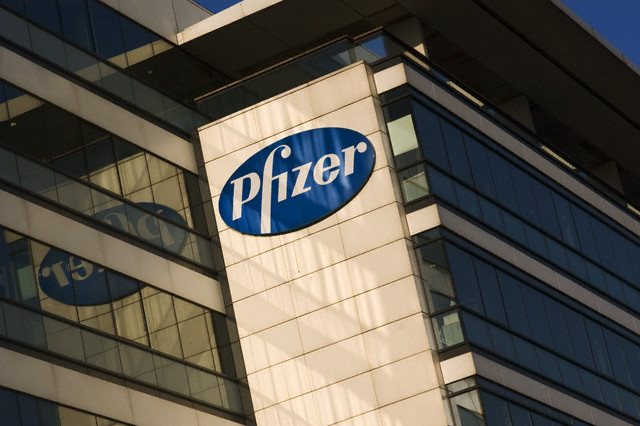It was only a matter of time.
Variants of the SARS-CoV-2 virus that are believed to spread more rapidly have now been officially confirmed in the U.S.
First, the U.K. strain known as B.1.1.7 was found in Colorado in late December. Then the Brazil P.1 variant was identified in Minnesota on Monday. And most recently, the South Africa variant B.1.351 was detected in two South Carolina patients on Thursday.
All viruses mutate as a matter of course as they spread—changes that aren’t necessarily significant but carry the risk of allowing the virus to evade vaccines or existing immunity. That’s why we get reformulated flu shots every year.
What makes the South Africa variant worrisome is that it contains multiple mutations in the spike protein that the virus uses to infect human cells. One of those mutations, called E484K, is of particular concern and may help the pathogen resist vaccines and antibody treatments.
It raises the possibility that the virus could continue to mutate in a way that makes vaccines less effective over time, and that drugmakers will have to quickly and repeatedly develop booster shots to deal with these new mutations.
Both Pfizer and its partner, BioNTech, as well as Moderna have said their own results indicate their existing messenger RNA vaccines should still work against the South Africa strain, despite findings of reduced potency. Novavax’s trial results released Thursday indicated that its vaccine was far less effective against the South Africa variant than those circulating in the U.K.
Moderna said earlier this week it plans to develop and test a third-shot booster and test a third-shot booster against the South Africa variant, and Pfizer’s CEO also said his company is starting the development of a booster against the new mutations.
The finding of the South Africa variant in the U.S. comes as the federal government is facing an uphill struggle in gearing up to monitor SARS-Cov-2 variants.
While the Biden administration is promising to boost the country’s sequencing efforts, it won’t be easy. The U.S. system now in place includes a scattered constellation of academic, commercial and public health labs that typically are both underfunded and under-resourced.
While there’s been much optimism—rightly so—about rollout of the highly efficacious Pfizer and Moderna vaccines in record time, the arrival of the three more infectious variants in the U.S. remains a cause for concern.—Emma Court




